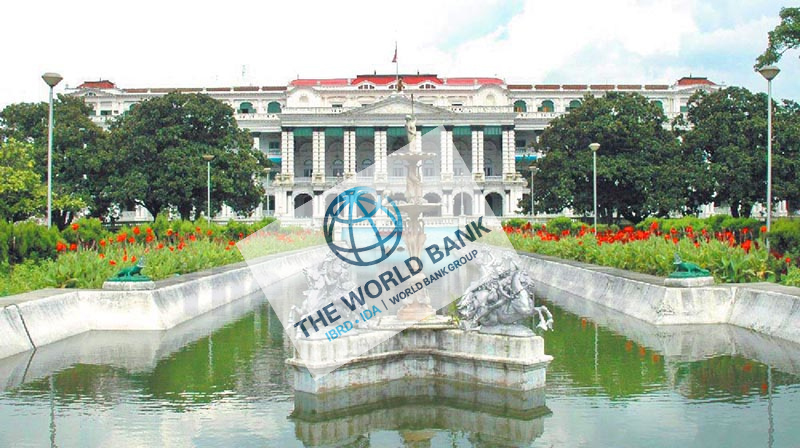Govt set to misuse World Bank loan
Kathmandu, March 8
The government is all set to grossly misuse billions of rupees of loan obtained from the World Bank, as it is gearing up to hire ‘unnecessary’ staff to support the controversial Prime Minister Employment Programme.
The WB has offered a credit line of $120 million to the government to implement Youth Employment Transformation Initiative, which aims to raise access of Nepali youths to employment opportunities. At least 15 per cent of this loan amount, or $18 million (approximately Rs 2.12 billion), will go towards hiring two employees in each of the 753 local levels, including to support the PMEP, which guarantees 100 days of job for the unemployed.
The PMEP, introduced last fiscal, was dragged into controversy after the government started distributing cash to cadres of the ruling Nepal Communist Party (NCP) on the pretext of creating jobs for the unemployed. Most of the beneficiaries of this programme were employed people, according to government officials. Despite being aware of this, the government spent Rs 2.37 billion of taxpayers’ money on this programme last fiscal.
This year the government is preparing to spend even more. It has allocated a budget of Rs two billion to be distributed among the ‘unemployed’ as wages. It is seeking a loan of Rs 2.2 billion from the WB this fiscal.
A part of this fund will be used to hire an officer level staff (a sub-engineer) and an assistant in each local level. These employees, according to government officials, will primarily maintain data of job seekers and job-related opportunities and coordinate skills training programmes to implement the PMEP. If these staff members are hired, 753 local governments will have additional 1,506 employees in their payroll. This will create financial burden of hundreds of millions of rupees each year, which will ultimately have to be borne by taxpayers, as the debt obtained from the WB will ultimately have to be serviced by the public.
“The government should not have decided to hire two employees in each local level at the moment. It will create unnecessary financial liability. Instead, the government should have launched pilot programmes in selected local levels where demand for and supply of labourers are high and gradually hired more staff at other local levels on the basis of the pilot programme’s success,” said economist Dilli Raj Khanal, calling on the government to revisit its decision.
The PMEP is one of the flagship projects of the government. Initially, many thought the project would benefit unemployed youths in a country where unemployment rate stands at 11.4 per cent and decelerate the pace of labour flight from Nepal. But the ruling NCP used it to strengthen its vote bank.
“The government should not be borrowing from multilateral lenders to dole out money to people who are sympathetic towards the ruling party. In fact, loans obtained from multilateral lenders should not be used to cover recurrent spending. This will send a negative message to the international community,” former finance secretary Shanta Raj Subedi said, adding, “Even employees under PMEP should be hired in a transparent manner. Otherwise, local governments, majority of which are led by the NCP, will be inclined to hire people close to the ruling party.”
The Ministry of Labour, Employment and Social Security, which is implementing the PMEP, is not considering revising the programme.
“The programme has been designed to promote distribution of money in the name of social security as per the constitutional provision of employment guarantee or to provide 50 per cent of the minimum wage that it has set if they remain unemployed for 100 days and none of their family members are employed for a year. We can call it a part of the government’s social security programme,” said MoLESS Joint-secretary Ramchandra Dhakal.





